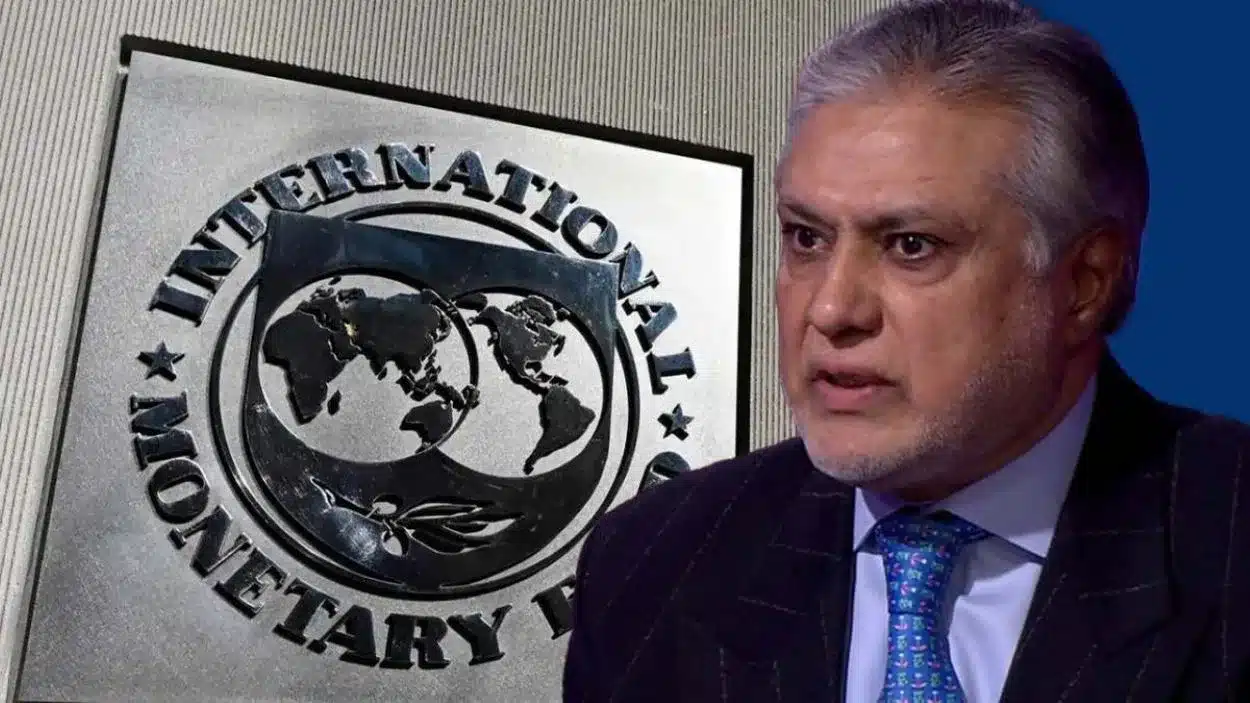The International Monetary Fund (IMF) criticized Pakistan’s fiscal year 2023-24 budget. They believe the government missed an opportunity to broaden the tax base and reduce tax expenditures, which goes against the fund’s program conditionality.
The IMF also objected to the proposed tax amnesty, viewing it as a step that undermines the tax system’s fairness.
Esther Perez Ruiz, IMF’s Resident Chief in Pakistan, commented, “The draft FY24 budget misses an opportunity to broaden the tax base more progressively, and the long list of new tax expenditures reduces further the fairness of the tax system and undercuts the resources needed for greater support for vulnerable BISP recipients and development spending.”
Pakistan’s Financial Dilemma
Pakistan’s budgetary concerns come when the country has requested China to refinance commercial loans of $1.3 billion. Without the revival of the IMF program, the foreign exchange reserves held by the State Bank of Pakistan might drop to below $3 billion. The foreign exchange reserves held by the central bank currently stand at $3.9 billion. Out of these, the government has now repaid $1.3 billion to Chinese commercial banks.
The repayment of $900 million to multilateral creditors by the end of June 2023 poses a significant challenge. With rollover and refinancing of $2.3 billion from China, Pakistan’s foreign exchange reserves would still fall below the $3 billion mark.
The IMF’s Recommendations
The IMF recommended the government increase the Federal Board of Revenue’s (FBR) tax collection target to Rs9.8 trillion instead of seeking a target of Rs9.2 trillion. It also regarded the non-tax revenue target of Rs2.9 trillion as unrealistic. To strike a broader agreement on budgetary numbers for the next financial year, Pakistan will have to make significant changes in the budgetary framework.
Minister of State for Finance Dr. Aisha Ghaus Pasha revealed that the government is discussing the budget and other related issues with the IMF. The discussions revolve around resource mobilization, power sector spending, and other matters.
The Minister mentioned that the government wants to maintain economic stability and revive growth without taking any measures that would affect stabilization. She concluded by stating that the issues would be discussed with the IMF for a convincing resolution.






